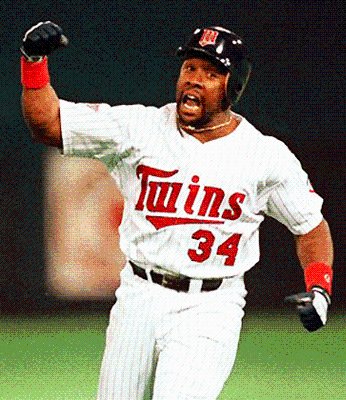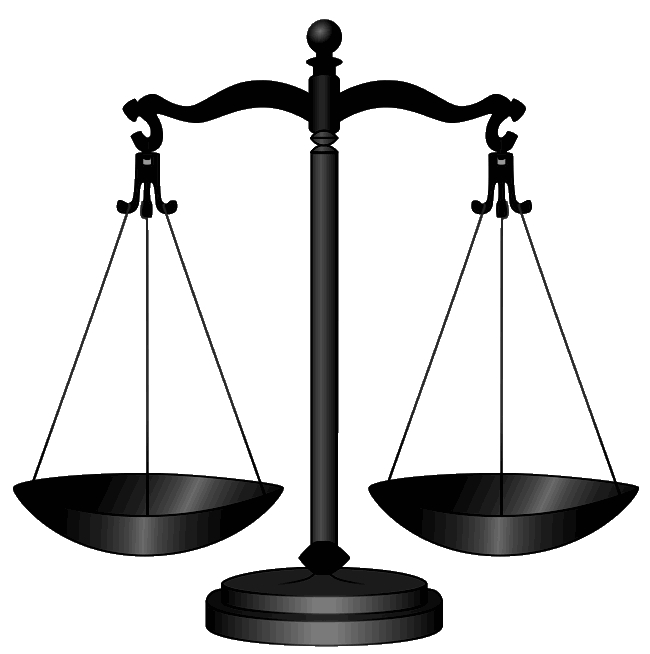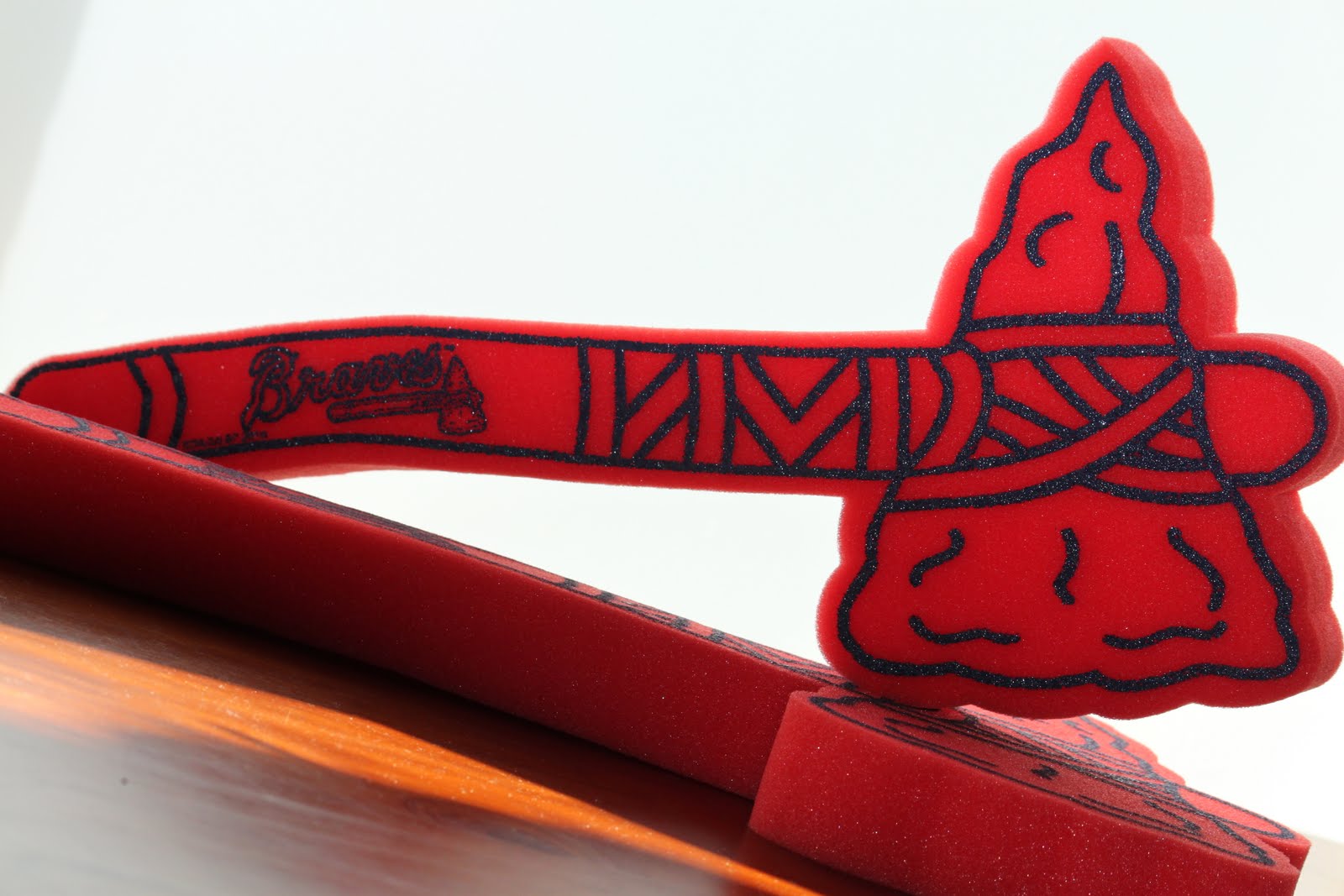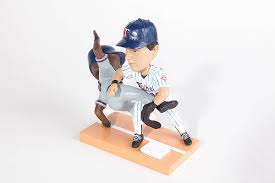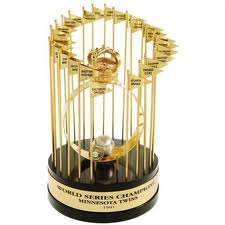Part One -- Game Details
1 2 3 4 5 6 7 8 9 10 11 R H E
- - - - - - - - - - - - - -
Atlanta Braves 0 0 0 0 2 0 1 0 0 0 0 3 9 1
Minnesota Twins 2 0 0 0 1 0 0 0 0 0 1 4 9 0
PITCHERS: ATL - Avery, Stanton (7), Pena (9), Leibrandt (11)
MIN - Erickson, Guthrie (7), Willis (7), Aguilera (10)
WP - Rick Aguilera
LP - Charlie Leibrandt
SAVE - none
HOME RUNS: ATL - Pendleton
MIN - Puckett
Part Two -- Players of the Game, WPA Style
Kirby Puckett: 59.3%
Terry Pendleton: 39.4%
Carl Willis: 33.4%
Rick Aguilera: 28.4%
Alejandro Pena: 28.4%
Game Changing Moment -- Kirby Puckett's homer, shifting the odds by 36%.
Part Three -- Did Junior Ortiz make Scott Erickson a better pitcher?
Brian Harper was so much better than Ortiz as a hitter that unless Harper threw out zero percent of base stealers and allowed five passed balls per game, there'd be no reason to take Harper out unless he needed a night off. Not to mention the fact that according to WAR, Ortiz wasn't any better at catching than Harper. But he became Erickson's catcher, even in the playoffs. Why? Let's ask Ortiz.
"Good question. Why me? It was just that he was a rookie and I was a little more experienced than Brian Harper. So I got to catch him. It's him and me." (October, 1991)
Well that clears it up! Now let's ask Tom Kelly.
"Junior and Scott, they're on their own programs. Brian Harper was gonna catch five of six or six of seven for us. So I put Ortiz with Erickson and it worked. This way, Ortiz knows when he's gonna catch, Harper knows when he's gonna get the day off." (October, 1991)
So that means Harper was going to catch four of five. Well, you got close Tom!
So, let's take a look at the splits.
Junior Ortiz: 28 games, 1.34 SO/BB, .686 OPS
Lenny Webster: 4 games, 6.67 SO/BB, .591 OPS
Brian Harper: 1 game, 0.50 SO/BB, .805 OPS
Hey, Webster looks like an amazing catcher! But what about 1990, the other year Ortiz caught Erickson?
Ortiz: 15 games, 1.45 SO/BB, .716 OPS
Webster: 1 game, 0.00 SO/BB, .309 OPS
Harper: 3 games, 0.35 SO/BB, .842 OPS
Okay, so more small sample sizes for Harper, but Ortiz looks better again. Webster still looks amazing. In five games, Erickson was a Cy Young pitcher.
Harper did wind up catching Erickson for the remainder of his time in Minnesota. Let's stack Harper and Ortiz together, career with Erickson.
Ortiz: 43 games, 1.38 SO/BB, .697 OPS
Harper: 40 games, 1.25 SO/BB, .753 OPS
One more stat. Throughout Erickson's career, he had four catchers who caught him at least 39 times where he performed better than his career average. Those four catchers? Chris Hoiles, Lenny Webster, Brian Harper, and Junior Ortiz.
So, did Ortiz make Erickson a better pitcher? Maybe. Enough to make up for Ortiz's bat? No. Though Ortiz had an OPS+ of 112 in 1990, so perhaps the Twins were hoping they'd catch lightning twice.
Regardless, Erickson was never the same after 1992, with only one more good year the rest of his career.
Part Four -- Did Jack Buck want the Braves to win?
Someone round these parts mentioned he did not like Buck's call of Kirby's homer and felt he was a huge NL homer. So while listening to all seven games, I paid really close attention to see if I could pick up on such homerism.
Games 1 and 2: None detected. He seemed genuinely excited for the homers of Gagne, Leius, and Davis. In fact, he almost seemed to be rooting for the Twins.
Game 3: He immediately referred to Gladden's lead-off triple as "tainted" and called it as such multiple times throughout the game. It was kind of insulting, especially since it wasn't the easiest of balls to play. More damning, though, is that when Davis hit his dramatic pinch-hit game-tying homer late in the game, he seemed really annoyed.
Game 4: Again he seemed more excited about Lonnie Smith's homer than Pagliarulo's. And he went completely bananas when Lemke scored the winning run.
Game 5: Not much in the way of dramatics here. One thing I noticed, though, is that when the Braves had more or less sealed up the game, he mentioned at least twice how hard the Twins would be to beat at home and reminding everyone not to count them out.
Game 6: I thought Buck seemed more excited for the Twins this game. When Harper threw out Keith Mitchell trying to steal in the top of the 11th, he sounded very satisfied that Harper finally threw somebody out. I'm not a huge fan of the call for Puckett's homer, but I'm not a huge fan of most of Buck's calls of home runs. In fact, none of the ones in this series really stood out. It wasn't "go crazy folks!" or "I don't believe what I just saw!" but I didn't detect any annoyance that Puckett hit one out. He was just terse, as usual.
Game 7: I felt Buck was pretty neutral here, really enjoying all the crazy back and forth, just happy to be a part of such a great series. And I love his call of Larkin's single. He called it the moment it left the bat, and his pitch was perfect. Much better than Al Michaels' final call in 1987.
Conclusion: If Buck wanted the Braves to win, I think he hid it well. What I think he wanted was a competitive series, which is why he sounded like such a homer in games three and four.
Part Five -- Is there any logical reason Cox brought in Charlie Leibrandt to face Puckett?
Puckett versus lefties: 406/436/658
No. Or as Chili Davis said, "Bunt, my ass. Hit it out and let’s go home."

